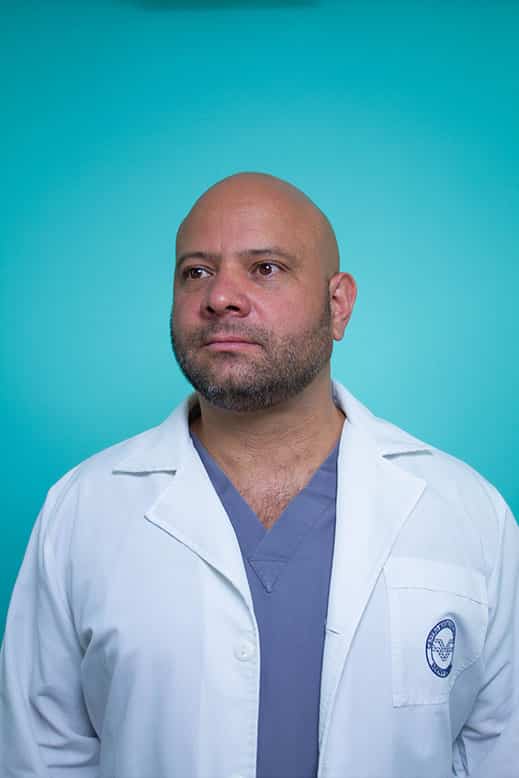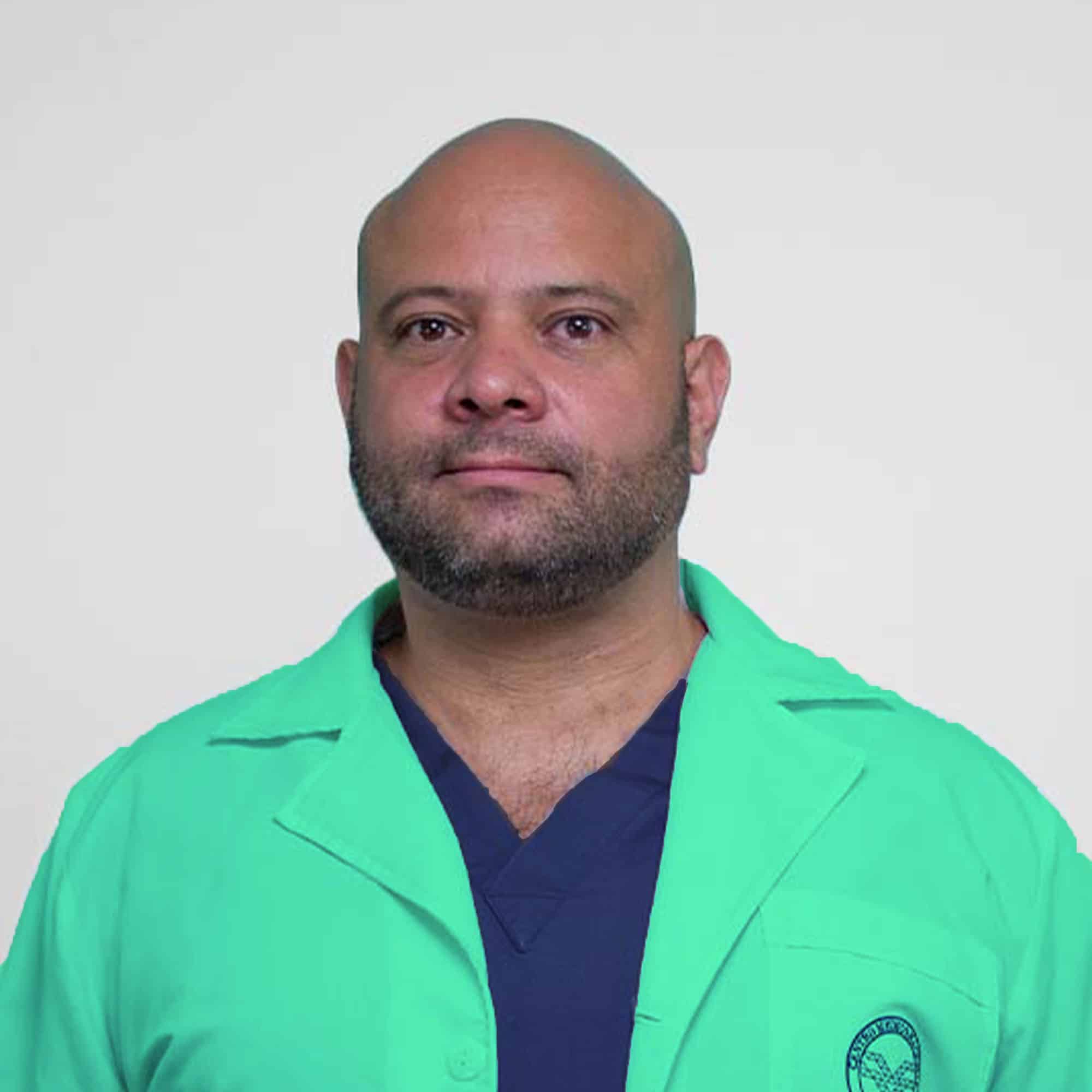Jaw Surgery Cost and more frequently asked questions
Orthognathic surgery is an operation that makes it possible to solve malocclusion problems of dental origin that were not treated in childhood.
Mexico was one of the pioneering countries in LatinAmerica to perform this intervention and the first to create a unit dedicated to this specialty.
In spite of this, many people are unaware of what they consist of, even though they may need this treatment.
As a result of this lack of knowledge, patients who believe they need it come to our office with different concerns about the treatment.
For this reason, we are going to tell you which are the most frequently asked questions.
1. When should orthognathic surgery be performed?
There are different types of dental malocclusions whose origin lies in an incorrect relationship or development between the maxilla and the mandible.
It is advisable to solve these problems in childhood, when the bone structures are moldable and it is possible to guide their growth.
In adulthood, it is not possible to address these cases without orthognathic surgery.
It is indicated in those cases in which the dentofacial malformation negatively affects the patient’s life. Preventing them from leading a normal life.
In many cases, the person cannot breathe, eat or speak normally. So it is a serious problem, not only aesthetically, but also functionally.
Therefore, surgery can be performed for functional or aesthetic reasons.
The former refer, among others, to the improvement of occlusion, chewing or the health of the teeth.
The latter are related to the harmony of the features and the appearance of the smile.

Can surgery be performed on children?
No, under no circumstances: it is an intervention that is only performed on people who have already completed their development.
If bite problems are detected in children, the appropriate treatment is interceptive orthodontics, which avoids surgery in adulthood.
Orthognathic surgery is performed in women over 18 years of age and in men over 21 years of age, since their growth ends later.
On the other hand, the interceptive treatment mentioned above corrects the same problems as this operation, but in a simpler, cheaper and faster way.
That is why our advice is always to detect any occlusion problems in children from the age of 6 years onwards by visiting the orthodontist.
2. How do I know I have a dentofacial deformity?
Usually, it is the patient himself who notices that his face does not have harmonious features or that he has difficulty in his daily life in speaking or eating.
However, not all people know that the origin of this deformity is in the size and/or position of the bones of the face: upper maxilla and mandible.
To determine if you need orthognathic surgery or if your malocclusion can be solved with orthodontics alone, get in the hands of a specialist you trust.
3. What problems are corrected with surgery?
The malocclusions that are solved through this maxillofacial surgery are:
- Class II or Retrognathia: the mandible is behind the upper jaw.
- Class III or Prognathism: it is the opposite case, since the mandible is advanced in relation to the maxilla.
- Facial Asymmetries: implies a lack of harmony in the smile because the midline or arches are deviated.
- Open Bite: the person is unable to close the mouth because the upper and lower front teeth (incisors and canines) do not contact each other.
- Cross Bite: when biting, the upper teeth remain inside the lower teeth.
- Scissor Bite: the maxilla is too large and completely covers the jaw when the person closes the mouth.
4. Who performs the operation?
Orthognathic surgery is a very long process – it lasts between 3 and 4 years in total – which involves more than just the operation and requires very precise planning due to its complexity.
For this reason, it is supervised by two professionals who work together in a coordinated manner: an orthodontist and a maxillofacial surgeon.
This second specialist is the one who will perform the operation, while the orthodontist will prescribe a treatment for before and after the operation.
In our clinic we have Dr. Alberto Wintergerst, a specialist in planning orthodontic treatments combined with orthognathic surgery.
We also have a maxillofacial surgeon of reference, although you can choose the professional you prefer to perform the operation.

5. Why is orthognathic surgery combined with orthodontics?
Since bone development is not adequate, the eruption of the teeth will inevitably be affected.
Therefore there are two aspects to be solved: the bone structures and the teeth.
With orthognathic surgery we correct the defects of the bones, bringing them to the right position and size.
Once the face has a harmonious structure, it is time to make corrections to the teeth.
Therefore, the work of an orthodontist is fundamental at this point.
The surgery consists of several steps:
- Diagnosis and planning: the patient begins an orthodontic treatment that lasts approximately one year.
- Surgical intervention: carried out by the surgeon.
- Postoperative: after a month or so, the patient begins to live a completely normal life.
- Follow-up and orthodontics: orthodontic treatment is continued for two more years.
6. How long does the surgery last?
This maxillofacial intervention lasts approximately 4 hours.
However, the whole process lasts between 3 or 4 years, as it involves a complex orthodontic treatment.
WE ARE EXPERTS IN ORTHOGNATHIC SURGERY
7. What is the jaw surgery cost?
The jaw surgery cost varies depending on two main factors.
Number of bones requiring intervention: it is not always necessary to modify the maxilla and mandible. It depends on the type of malocclusion.
Degree of movement: the more movement required, the more expensive the operation will be because its complexity increases.
The average jaw surgery cost is around $25,000 to 40,000 in US.
In DrAW Dental Clinic we offer you a orthognathic surgery cost from $7,000.
Having said all this, it is strictly necessary for the maxillofacial surgeon to evaluate the patient’s case before advancing a price or budget.
8. What is the postoperative period like?
The postoperative period usually lasts about a month, and in the first days the patient will experience discomfort to do their life and routine actions.
The diet during the following days should be based on liquids or soft foods, since the person will not be able to eat or speak normally.
To mitigate the pain, the specialist will prescribe the intake of analgesic drugs that will help the patient to overcome the postoperative period without too many inconveniences.
Will there be scars on my face?
The incisions are made inside the mouth -they are intraoral- so there is no visible scar on the face.
Once the patient recovers completely, there will be no external marks to indicate that he/she has undergone this operation.

When I look in the mirror, will I recognize myself?
The first reaction of patients when they look in the mirror is usually one of surprise.
The fact is that we do not realize how characteristic each of our features are until we undergo an operation of this type.
But, in addition to the change that the face undergoes -in some cases more than in others-. It must be taken into account that the swelling takes several days to disappear.
Therefore, in addition to the future change brought about by the operation. It must be added that for a few days the patient’s face will be somewhat deformed.
Consequently, the patient will gradually see his or her definitive appearance.
Once the swelling has disappeared and the patient has become accustomed to looking at himself in the mirror with his new appearance. The vast majority of people accept and like himself better than before.
When will I be able to eat normally?
Generally, patients return to normal eating four weeks after surgery.
During the first two weeks, feeding with straws and syringes is necessary.
In the third week it is recommended to start with a soft diet (French omelet, fish, soft vegetables…).
From the fourth week onwards, the person can gradually reincorporate the habits and foods of the usual diet.
However, it will always be necessary to settle each phase, that is to say, it will not be possible to recover the usual habits if the soft food feels bad or causes pain.
Give yourself time
After the surgery, it is normal to feel your face strange, but once the swelling goes down, you will be very comfortable with your great change.
Will I be able to speak after orthognathic surgery?
As we have already pointed out in this article, immediately after surgery, patients have a lot of swelling, so they may even have difficulty breathing.
Therefore, it is normal for them to feel discomfort and tiredness when speaking during the first few days.
However, as the days go by, the patient will be able to speak normally again.
When will I be able to return to work?
The most usual is that the sick leave lasts two weeks, although this period depends on several factors.
Among them, the age, the patient’s evolution and the type of work he/she performs have an influence.
In other words, if the person has a very active job, requires a lot of talking or involves a certain risk, it will take longer to return to work.
When will I be able to return to sports?
In the case of high-impact activities, the return to sport should be progressive.
That is to say, you should start with moderate walks during the first few weeks and then increase the intensity of the activity.
Once we do not feel any discomfort, it will be possible to reach the pre-intervention rhythm.
In any case, it is advisable for the patient to tell the maxillofacial surgeon what his or her activity is so that he or she can give more specific guidelines or dates.

9. Are there any contraindicated patients?
The risks and contraindications of this surgery are common to those of any other surgical procedure.
In other words, orthognathic surgery is contraindicated in people with serious systemic diseases, high blood pressure, respiratory or circulatory problems, etc.
However, it is appropriate in this case to evaluate the condition of each patient in particular, as well as the degree of severity of the disease he or she suffers from.
Although it is not usual, we have seen cases of patients with serious diseases who have undergone this type of surgery successfully.
10. What is the “Surgery First” protocol?
Generally, treatment in Europe and the United States is performed in the traditional way: orthodontics + surgery + orthodontics.
However, in Japan and Korea they use an innovative technique developed by an orthodontist named Junji Sugawara.
It consists of performing surgery before placing the orthodontics. Although it is a more complicated technique and its application is not widespread.
Even so, several studies have shown that this protocol achieves a faster tooth movement, so the total treatment time is shortened.
Payment facilities in DrAW Dental
At DrAW Dental Clinic we offer our patients very flexible and attractive payment conditions:
- Financing of 100% of the treatment ask how
- Discounts for early payment
If you have further questions or wish to receive a diagnosis about your case, we advise you to contact our clinic.
Once you have made an appointment, Dr. Wintergerst will be able to answer all your questions and explain the planning of your treatment.
Remember that it is not only a question of aesthetics, but of health, and that undergoing this surgery can change your life completely.
If you need our doctors to assess the state of your oral health, don’t let it pass you by and make an appointment.
Call us at +1 619 372 5409 🇺🇸 +52 664 590 8321 🇲🇽 , or use the contact form on our website, and ask for your first free appointment.
We will give you a complete diagnosis and an estimate without obligation.
You will be interested in » Maxillofacial surgery: what operations does it include?
Read Our Orthognathic Surgery Guide
At DrAW Dental Clinic we are guided by editorial guidelines that ensure the accuracy of all the information we publish. If you would like to know more about how we ensure that our content is up-to-date and properly supported, we encourage you to read our editorial commitment.
Did you find this a 5 star article?
Leave us your rating:
- About the Author
- Latest Posts
The distinguished Dr. Alberto Wintergerst Fisch is an specialist in Maxillofacial Surgery and has more than 15 years of experience in various prestigious institutions such as DrAW Clinic and Dental Glaf.
He trained as a Dental Surgeon at the National Autonomous University of Mexico, later he completed a specialty in Oral and Maxillofacial Surgery at the same institution and a Master’s Degree in Health Organization Administration at La Salle University.
He is attached to the National Medical Center “20 de Noviembre” of the ISSSTE and certified by the Mexican Board of Oral and Maxillofacial Surgery.
Thanks to this, Dr. Wintergerst Fisch is recognized as one of the best specialists in Oral and Maxillofacial Surgery in Mexico City and the country.
Related Posts


